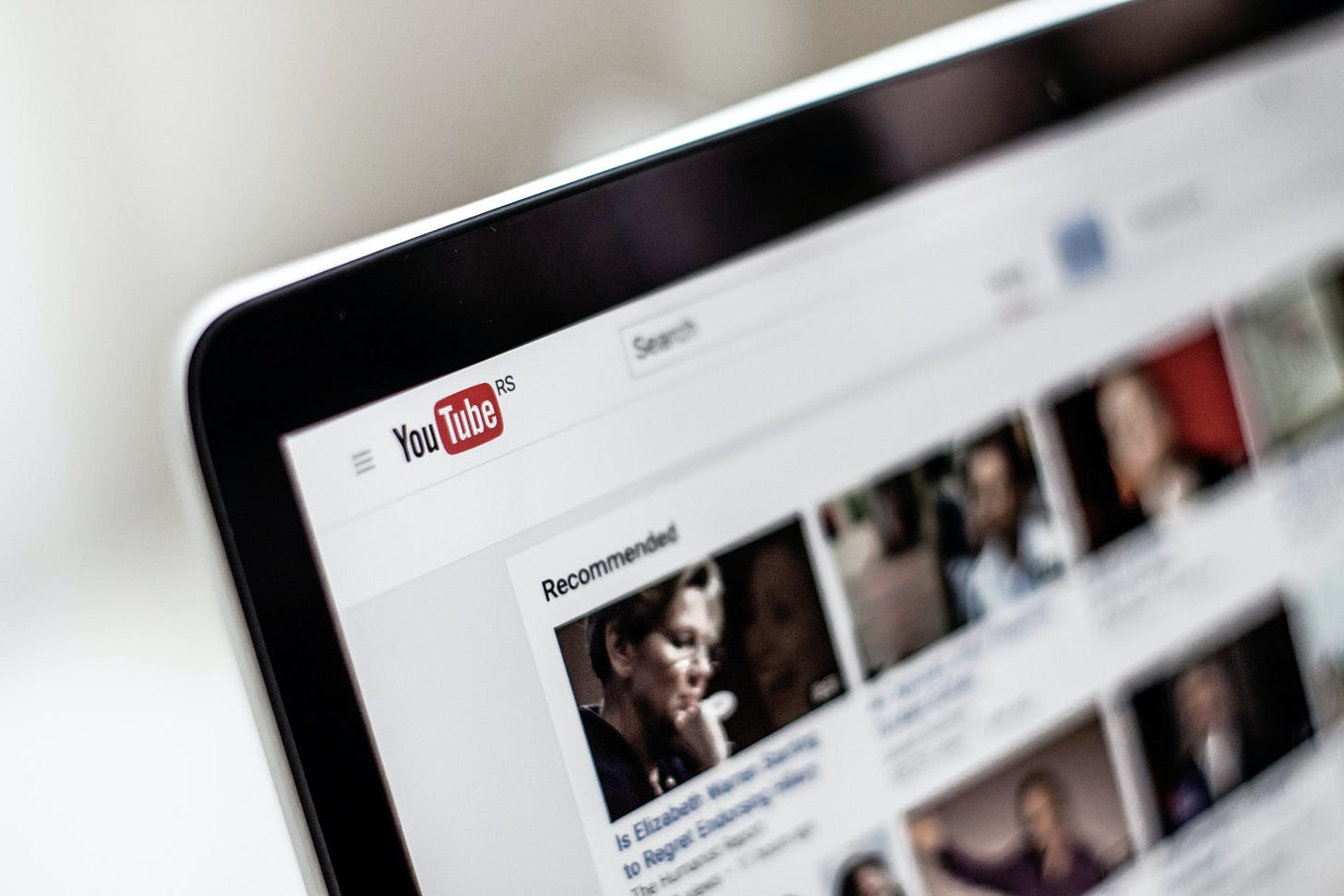How many cancellations make a free speech advocate?
Those claiming to be chastened by a brush with censorship need to prove they mean it
I enjoyed Novara Media’s brief experiment with cancellation on Tuesday, however short lived it proved. The Corbynite media group had its YouTube account taken offline, in a rare example of a pious leftwing outlet being shut down by a tech company. Some hours of fuss later, it was restored.
A victory for free speech, you might say. And it was heartening to see so many of Novara’s opponents stand up for the group, even while saying that they disagreed with its politics. But my suspicion is that the favour will not be returned.
I’ve never thought that free speech was something that people genuinely liked, for all that people will claim to defend it to the death, as Voltaire didn’t say. As a wind-up merchant I’m more in favour of free speech than most, but if it’s a choice between imprisoning anti-Semites for spreading 9/11 conspiracies and me dying, please fill up the jails.

Freedom of speech, like other rights, is inevitably subject to qualifications and contingent on public support. Britain has contributed more to establishing free speech norms than many other countries, and even we have spent much of our history punishing blasphemy, sedition, libel, whistleblowing and bigotry.
It is the last item that brings me back to my doubts about Novara’s belated conversion to the free speech cause. Listening to senior editor Ash Sarkar speak to UnHerd, she seems far too wedded to concerns about harm caused by speech. Put simply, if you are not prepared to risk some harm, you will not tolerate controversial speech.
Consider that the main case for criminalising hate speech is that it allegedly makes bigoted violence more likely. Judging by the UnHerd interview this is still a view that Sarkar subscribes to.
Asked whether she would interview Islamist Anjem Choudray, she said she would not. “Anjem Choudray does not need to win the debate in order to have effects which I think are incredibly harmful in order to be able to recruit, in order to radicalise, and potentially turn people towards violence,” she explained.
Choudray has been explicit in calling for political violence, so it is easy to justify excluding him. The trouble is that leftwingers (not so much those on the right) have often called for people to be censored or excluded from public debate on the mere potential something they say could provoke bigoted violence. And this is in the context of an ever-expanding definition of what is bigoted.
Sarkar at least owns up to previous mistakes in backing censorship when it was convenient to her politics. I also agree with her that the communication tools that tech companies have built should be subject to democratic oversight, rather than letting some programmers in California decide what can and cannot be published, often through blunt algorithms.
That much has been obvious for a while, but many still endorse tech censorship when it suits them. Another Novara staffer Gary McQuiggin argued last year that, “It's not censorship when a private company decides to remove you from it’s platform.” This was after media gobshite Katie Hopkins was suspended from Twitter.
In the wake of Novara’s experience McQuiggin said “it shouldn’t be the whim of giant tech companies to delete us overnight with no explanation.” Hypocrisy like his is the norm in politics; people like to keep one set of rules for their allies and another for their opponents.
I will believe such people have reformed when they start defending speech they consider risky to public wellbeing. If those of the “trans women are women” school had defended the right of the BBC to publish a report in which lesbians alleged trans women (biological males) pressured them into sex, then I would agree they support free speech. Until then I doubt it.
PS: Given new work commitments, I’ll be moving this newsletter to Thursday afternoons for the time being. And apologies for the absence last week – holiday duties called.



